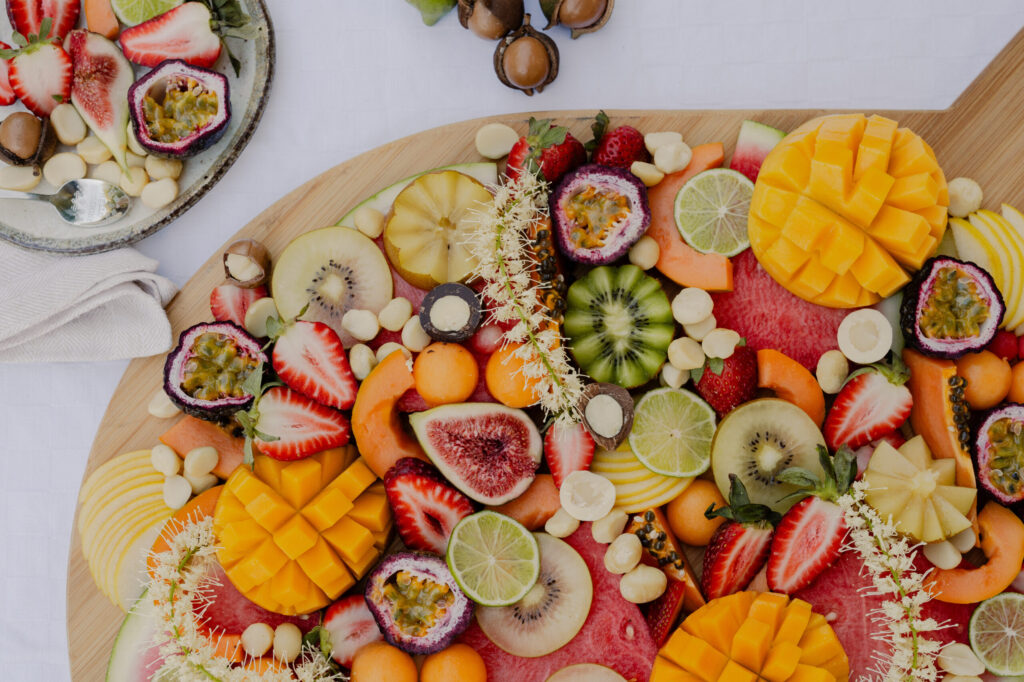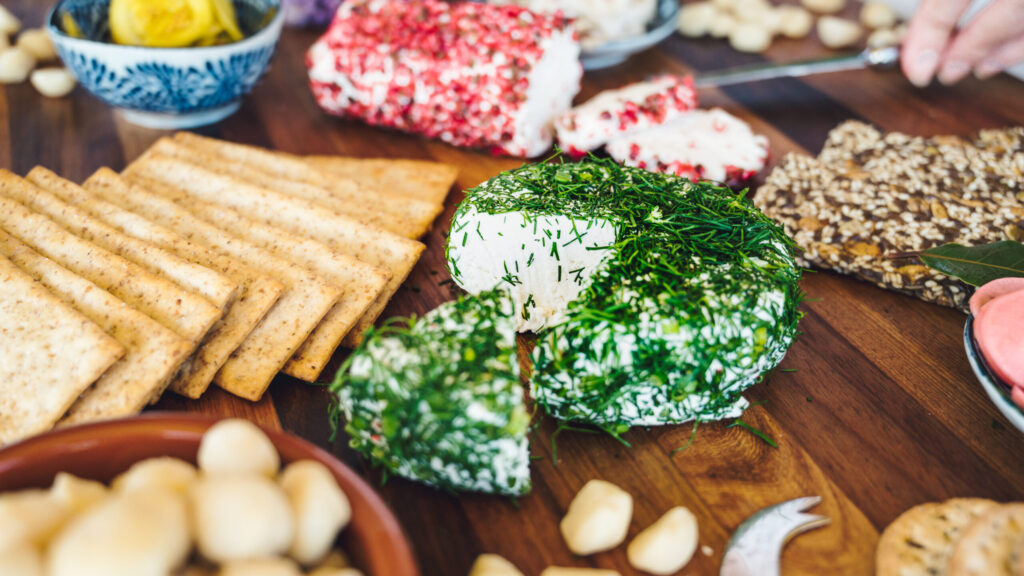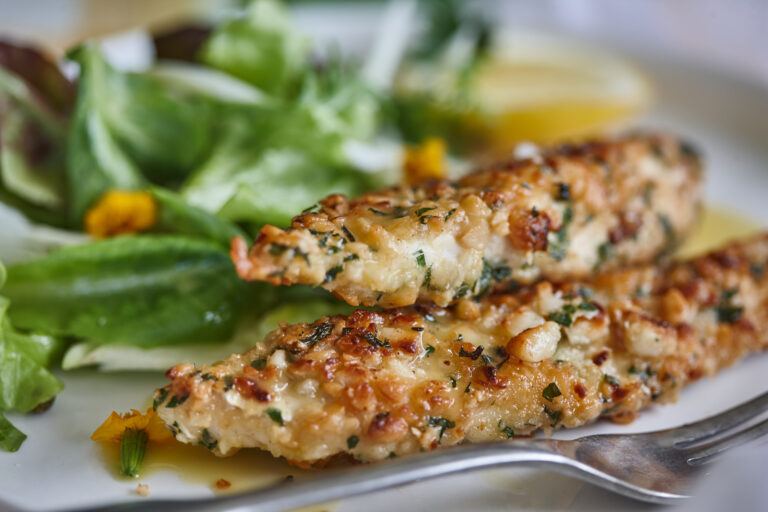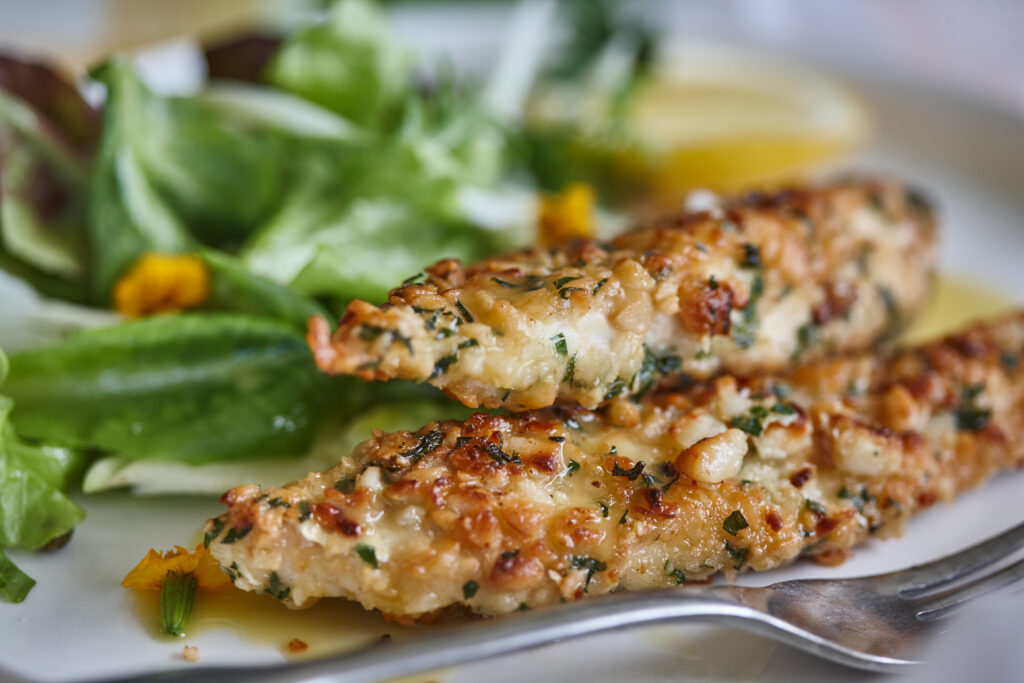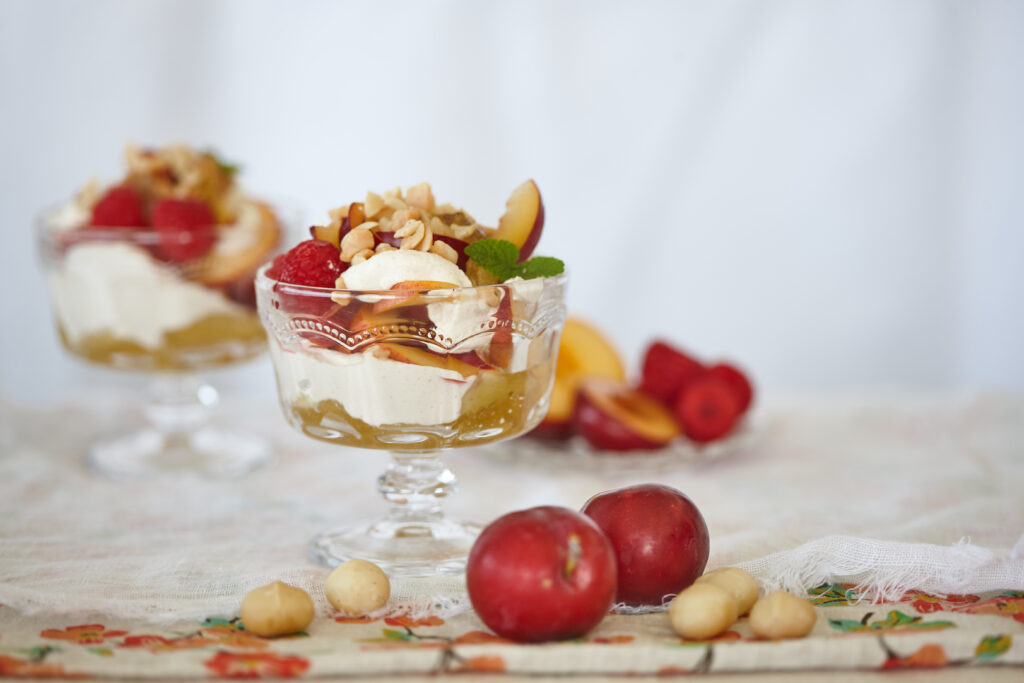Our immune system helps us fight viruses and bacteria in complex and fascinating ways. Exploring the proactive ways we can support its work by what we eat has never been more important.
You can help your immune system to do its job protecting you from disease and infection by taking a holistic approach to health which includes sleeping well, exercising often, managing your stress and limiting your alcohol intake. However, what we eat also plays an important role in keeping us healthy. A diet full of fruits, vegetables and wholegrains (like the mediterrean diet) is the best way to ensure that what you eat is supporting your health and therefore your immune system.
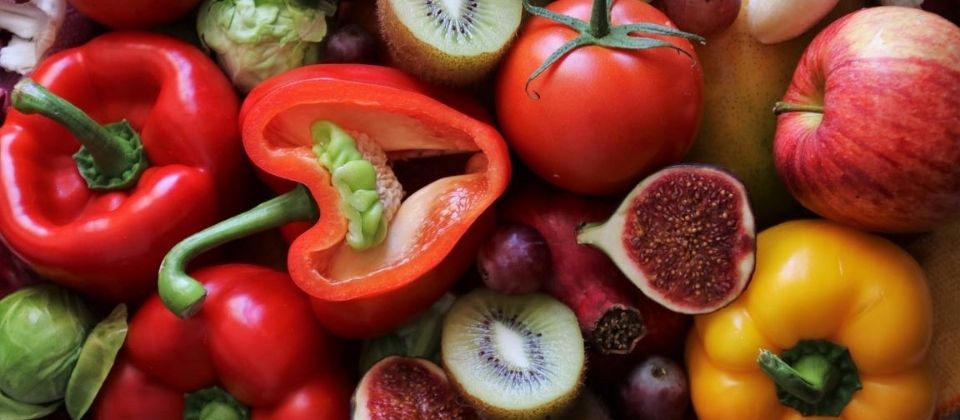
While no one food holds the key to prevent illness, these foods in particular have long been thought to play a special role in assisting our immune systems. Here’s how they work:
1- Citrus, kiwi and capsicum
Vitamin C is a key nutrient that helps regulate inflammation and supports both our general immunity and ability to fight specific diseases.73 Citrus fruits are a great source of this, but it isn’t just citrus fruits that are extremely high in vitamin C. Kiwi fruit is also very high in this immunity supporting nutrient, as are red capsicums.
How to eat more of these foods:
- Oranges, mandarins, grapefruit, kiwifruit and red capsicums can all be cut up and eaten raw on their own as an immunity supporting snack. Serve fruit wedges with a dipping pot of honey-sweetened natural yoghurt.
- Use lemon juice as simple salad dressing.
- Red capsicum looks great on a platter with carrot and celery to dip into your favourite hummus or pesto dip. It tastes great too!
- Make the capsicums into a romanesco sauce to accompany BBQ meats or seafood.
2- Cultures and ferments
A healthy gut is thought to play a central role when it comes to the immune system, but we are still discovering why and how this connection works. Foods that are high in dietary fibre are great to support gut health which will in turn support the immune system. As are cultured and fermented foods like yoghurt, kefir, kombucha, sauerkraut, kimchi and miso. They contain healthy bacteria like lactobacilli and sometimes bifidobacteria that are essential for a healthy gut.
How to get them into your day:
- Include a spoonful of yoghurt in your muesli or smoothie at breakfast.
- Learn to brew your own kombucha and water-based kefir so you always have some healthy soft drink to hand.
- Stir miso, kimchi or sauerkraut through your stir fry or soup after you have taken it off the heat for a boost of flavour as well as culture.
3 – Broccoli and its buddies
All cruciferous vegetables (think cauliflower, broccoli, cabbage and kale) are packed full of vitamins that support good health but what really makes broccoli stand out from the pack is the fibre it contains that can also contribute to a healthy gut.
How to get more broccoli into your meals:
- Include broccoli in your next sushi bowl.
- Add broccoli or broccolini to your stir fry for crunch as well as greenery.
- Be careful not to overcook cruciferous vegetables so they retain their flavour and nutrients. If you want to add a little extra sparkle to simple steamed vegetables, this macadamia sprinkle adds flavour and crunch.

4 – Nuts
Nuts (like macadamias) are an essential part of a healthy diet containing many key nutrients which help contribute to the good health that is important to immune function, including zinc, copper, iron, selenium, and folate. Australia’s native nut, with its creamy, buttery crunch, is also delightful to eat on its own as a healthy snack.
How to eat more macadamias:
- Roast or lightly toast a mix of nuts for a healthy, crunchy snack.
- Toss nuts through salads or stir fries for added texture and nutrients.
- In place of cream or rice, puree a handful of macadamias to add to your favourite soup to thicken it or simply add a tablespoon of macadamia butter.
5 – Ginger and garlic
Many people turn to ginger and garlic to support their immune systems during winter. Although the effect of these two flavour favourites on the immune system isn’t entirely clear, both these ingredients are known to be rich in phytonutrients which are important for overall good health.
How to eat more ginger and garlic:
- Ginger and garlic are essential ingredients in Asian-style soups and stirfries. Both can also be added to salad dressings.
- Add ginger to juices and wellness shots.
- Ginger adds delicious zingy flavour to herbal tea. Enjoy iced tea in summer and a warming brew in winter.
What are your tips for eating more health supporting foods?


